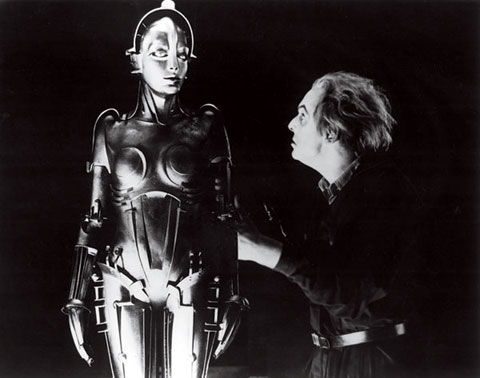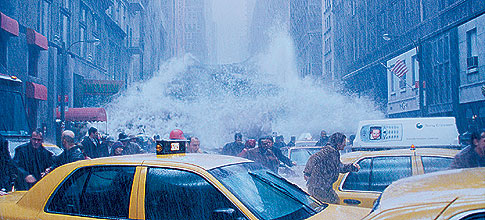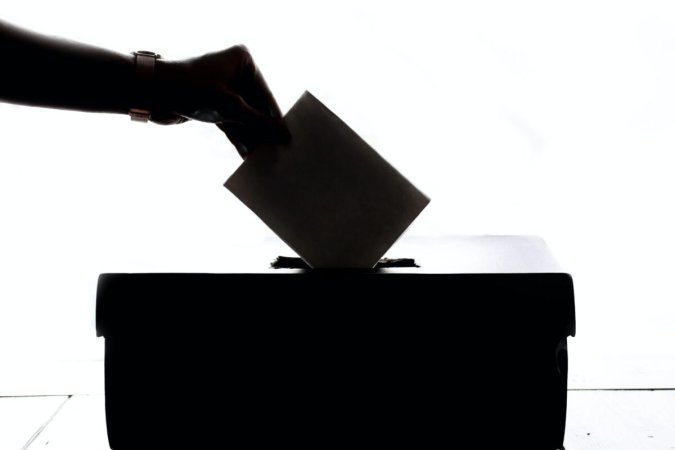

To the dismay of the many scientists whose work and words are blatantly distorted within its pages, Michael Crichton´s new book, State of Fear, was still hanging around best-seller lists months after its debut. It even came up in debates on the Senate floor. Science has always taken center stage in Crichton´s thrillers–The Andromeda Strain, Jurassic Park, Prey–but recently he seems to be taking himself, and his ideas, a bit more seriously. State of Fear is the next step in Crichton´s transformation from storyteller to soothsayer, a novelized lecture on global warming complete with charts, graphs and footnotes.
The story hinges on a plot by callous environmentalists to initiate a series of natural disasters that will kill tens of thousands of people. Why? To convince the world that global warming is real. Genre-appropriate fare, to be sure. But Crichton doesn’t intend this to be mere entertainment. He has appended to the novel an essay calling for free scientific inquiry and, rather inexplicably, a disjointed list of personal opinions on topics from safety (too much emphasis on it in our society), declining wilderness (we shouldn´t worry about it), people (they mean well), and cornflakes (they´re good for you but taste better with berries). (OK, so the last one is mine.)
But if the endnotes are ambiguous, the novel is clear: Global warming is hogwash. There isn’t a single well-informed character who supports the theory. Instead there´s Peter Evans, a Los Angeles lawyer, and Ted Bradley, a drunk actor so dumb he can´t get Benedict Arnold´s name right. The skeptics? They’re led
by John Kenner, a brilliant geoengineer with a Harvard law degree and special-ops training. He’s backed by his trusty Nepalese sidekick, Sanjong, who is always ready with hard data to support Kenner´s assertions, which, in the book, stand unchallenged. In the real world, though, the reaction of the scientific community has been loud and angry.
Throughout the novel, Kenner cites places around the globe where cooling trends have been observed. At one point, Sanjong shows Evans a graph revealing a 116-year temperature decline in Punta Arenas, Chile. “There´s your global warming,” he says with irony. But Gavin Schmidt, a climatologist at NASA´s Goddard Institute for Space Studies, points out that such isolated examples prove nothing. Global warming doesn´t raise temperatures everywhere.
Kenner hammers real-world Columbia University climate scientist James Hansen for overestimating global warming by 300 percent in 1988. The truth is that Hansen had projected three warming scenarios for the next decade, each based on a different trend in carbon dioxide emissions. The projection associated with the actual rise in CO2 was accurate, a fact that Crichton´s hero fails to mention.
Every self-respecting character in the book ultimately rejects global warming. And what a change! Evans becomes attractive to a woman who previously saw him as “wimpy.” Another character morphs from soft-bellied playboy into hardened jungle warrior. In just nine days. (Maybe State of Fear should be marketed as a self-improvement book: Lose your environmentalist leanings and discover the inner you!) In contrast (note: plot spoiler ahead), those who adhere to global warming are, uh, eaten by cannibals. With such options, I wonder why more scientists don´t see the light.
Crichton asserts in his closing essay that to keep their jobs and funding, mainstream climate scientists lie: “Any scientist who has doubts [about global warming] understands clearly that they will be wise to mute their expression.” This might be the oddest assertion in the book. Seems to me that
climate science isn´t much of a get-rich scheme. It´s the naysayers–like Danish statistician Bjrn Lomborg, whose best-seller The Skeptical Environmentalist argues against global warming–who appear to be cleaning up.
State of Fear isn´t really about science anyway. Crichton writes in his endnotes that even if global warming is real, we shouldn’t do anything about it, because our response will probably only create more problems. In fact, he–or, excuse me, one of the tough, beautiful characters in his novel–theorizes that global warming might bring a net economic benefit. Maybe he’s right. What I don´t understand is why he has to impugn so many scientists, suggesting that they’re driven by politics or greed, to make his point. If, as he claims, he truly has no agenda, then he would have presented a more reasonable debate. Instead, what Crichton insists is an honest, disinterested assessment of global warming is just 567 pages of biased, one-sided claptrap. And the story stinks too.











